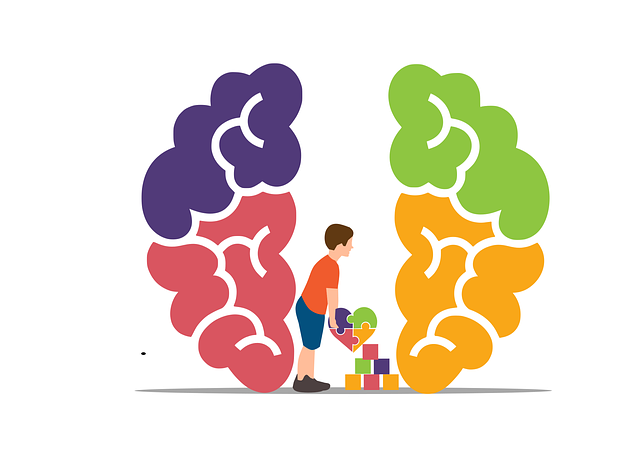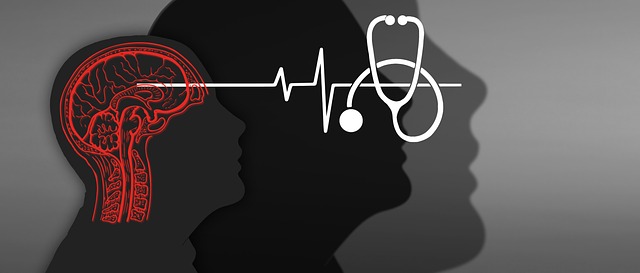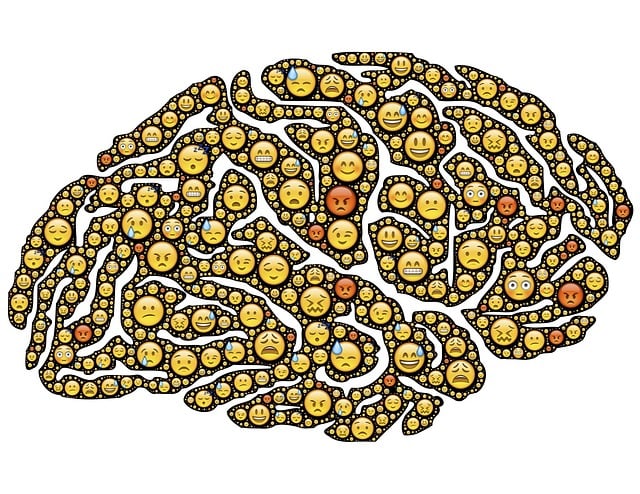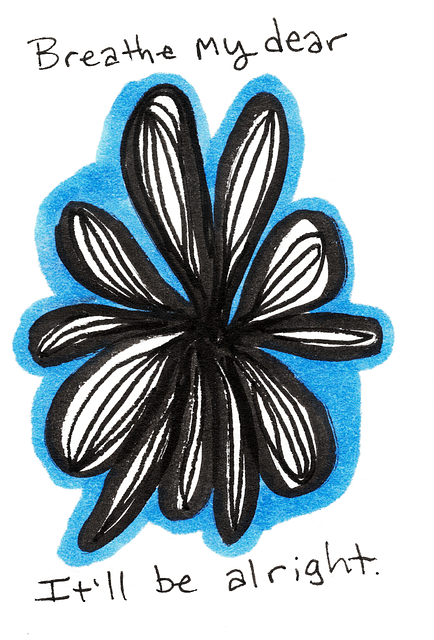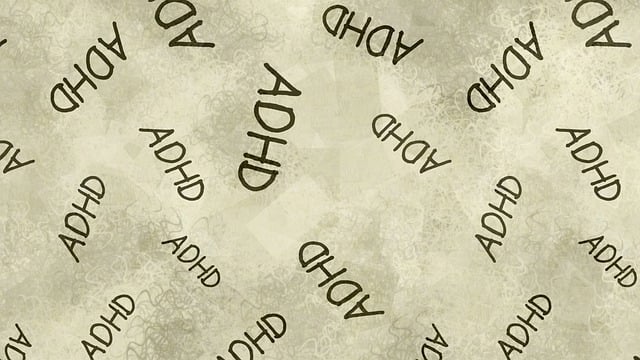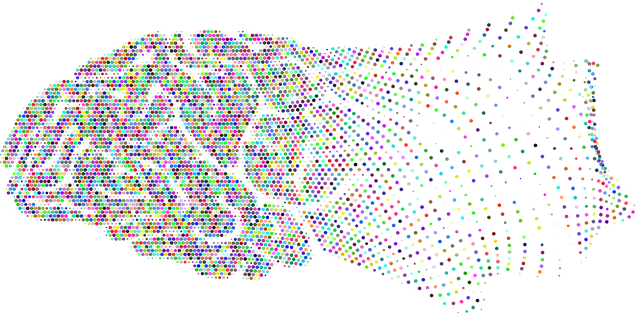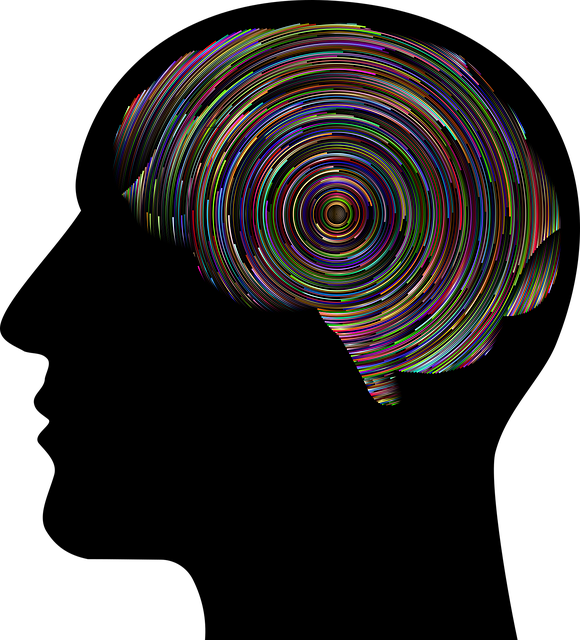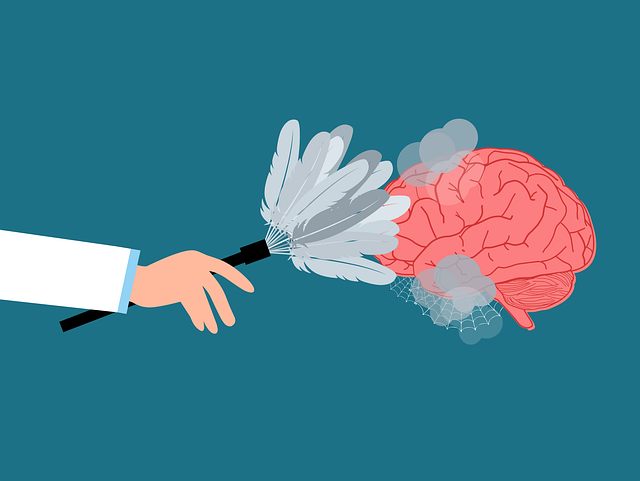Mental wellness apps targeting young children with ADD/ADHD have a promising future, offering personalized evaluations, engaging therapy through gamified elements, and stress reduction methods. To succeed in this market, developers must focus on unique features like risk assessment tools and emotional well-being coping mechanisms, while utilizing marketing strategies such as social media engagement, SEO (including keywords like "ADD-ADHD evaluations"), and analytics to track user engagement and app performance, ultimately fostering holistic mental health support for these children.
In today’s digital age, mental wellness apps offer a promising approach to support young children with Attention Deficit Disorder (ADD) and ADHD. To thrive in this competitive market, developers must craft strategic marketing plans that resonate with parents and caregivers. This article guides you through an effective strategy development process, from understanding your target audience and identifying unique app features, to crafting engaging content, leveraging digital channels, and measuring success through analytics. Key focus areas include therapy for young children with ADD-ADHD evaluations, ensuring a comprehensive approach to app marketing.
- Understanding Your Target Audience: Young Children with ADD-ADHD
- Identifying Unique Selling Points for a Mental Wellness App
- Crafting Compelling Content Strategies for App Promotion
- Leveraging Digital Marketing Channels Effectively
- Measuring Success and User Engagement Through Analytics
Understanding Your Target Audience: Young Children with ADD-ADHD

Mental wellness apps have a unique opportunity to reach and assist young children with Attention Deficit Disorder (ADD) or Attention Deficit Hyperactivity Disorder (ADHD). To develop an effective marketing strategy, it’s crucial to understand the specific needs of this audience. These children often struggle with focus, impulsivity, and hyperactivity, which can make traditional therapy approaches challenging. Therefore, innovative digital solutions are essential in providing accessible and engaging therapy for young children with ADD-ADHD.
By focusing on evaluations that assess individual strengths and challenges, apps can offer personalized stress reduction methods and empathy building strategies. Through gamified elements and interactive activities, these tools can make managing symptoms more fun and effective. Moreover, incorporating techniques to promote emotional well-being can help children develop coping mechanisms and build resilience, ensuring they receive holistic support for their mental health journey.
Identifying Unique Selling Points for a Mental Wellness App

In today’s digital era, mental wellness apps are becoming increasingly popular, especially among parents seeking therapy for young children with ADD/ADHD. To stand out in this competitive market, developers must identify unique selling points (USPs) that cater to specific needs. One compelling USP could be the app’s ability to offer personalized evaluations and assessments tailored for children with attention-related disorders. By integrating tools for mood management and self-awareness exercises, the app can provide comprehensive support.
Additionally, focusing on the risk assessment aspect is crucial—a feature that aids mental health professionals in monitoring progress and identifying potential risks early on. This not only enhances the app’s appeal to parents but also ensures a more robust and responsible offering, setting it apart from generic wellness solutions.
Crafting Compelling Content Strategies for App Promotion

Crafting compelling content strategies is paramount when promoting a mental wellness app targeting young children with ADD-ADHD. Creating engaging, informative, and relatable content can effectively reach parents and caregivers who are seeking support for their children’s unique needs. Integrate success stories of therapy and evaluation processes to build trust and confidence in the app’s capabilities. Share practical tips and insights on managing symptoms, such as organizing routines or using positive reinforcement techniques, to demonstrate real-world applicability.
Utilize visually appealing infographics and short videos to simplify complex concepts related to ADD-ADHD, ensuring accessibility for diverse learning styles. Collaborate with influencers in the parenting space or healthcare professionals to expand reach and credibility. Leverage Public Awareness Campaigns Development and Burnout Prevention Strategies for Healthcare Providers by partnering with organizations dedicated to these causes, aligning your app’s mission, and tapping into existing networks to amplify your message. Stress Reduction Methods can also be incorporated through content that educates users on mindfulness techniques suitable for both children and parents.
Leveraging Digital Marketing Channels Effectively

In today’s digital era, marketing strategies for mental wellness apps need to be multifaceted and engaging. Leveraging various online channels can significantly reach and impact a targeted audience, especially when addressing specific needs like therapy for young children with ADD-ADHD. Social media platforms offer a vibrant, bustling space where parents and caregivers actively seek support and resources. By creating compelling content that highlights the benefits of early intervention and sharing success stories (including emotional intelligence development and self-esteem improvement), these apps can reduce the stigma surrounding mental illness and attract potential users.
Additionally, search engine optimization (SEO) plays a crucial role in making sure the right audience finds these apps. Targeted keywords like “ADD-ADHD evaluations” help potential clients discover solutions when searching for specialized support. Integrating these SEO keywords naturally within app descriptions and marketing content ensures visibility and accessibility. This digital marketing approach not only raises awareness but also fosters trust, encouraging those struggling with mental illness to take that first step towards a healthier future.
Measuring Success and User Engagement Through Analytics

Measuring success and user engagement is paramount when developing a marketing strategy for mental wellness apps, especially those targeting young children with ADD-ADHD. Analytics tools provide invaluable insights into user behavior and app performance. By tracking key metrics such as daily active users, session duration, and completion rates for various app features, developers can identify what resonates with their audience and where improvements are needed. For instance, analyzing the effectiveness of in-app therapy sessions for ADD-ADHD evaluations allows for fine-tuning content and delivery methods to enhance engagement.
Additionally, understanding user journeys within the app helps tailor marketing efforts. If data reveals that many users drop off during a specific task, it could indicate a need for better guidance or a redesign of that particular feature. Leveraging these analytics, developers can iteratively improve their apps, fostering deeper user connections and ensuring the platform remains effective in providing therapy for young children with ADD-ADHD while also exploring avenues like Community Outreach Program Implementation to expand their reach and share Mind Over Matter Principles through engaging Conflict Resolution Techniques.
Developing a comprehensive marketing strategy for a mental wellness app targeted at young children with ADD-ADHD involves understanding your audience, defining unique selling points, and leveraging digital channels effectively. By crafting compelling content strategies and utilizing analytics to measure success, you can ensure that your app reaches the right users and provides them with valuable therapy evaluations. This approach not only enhances user engagement but also contributes to a more inclusive and supportive digital landscape for children’s mental health.

